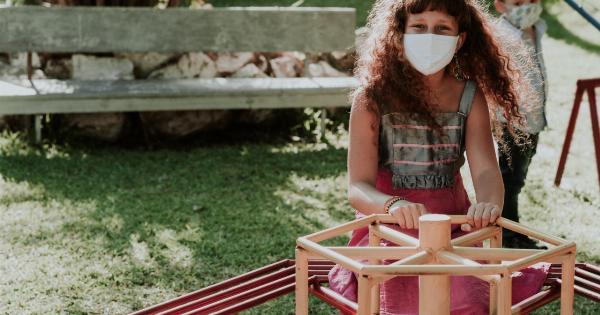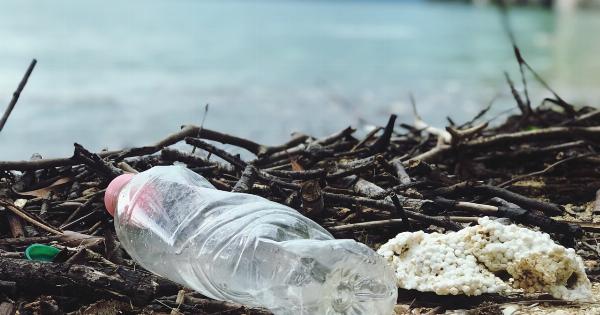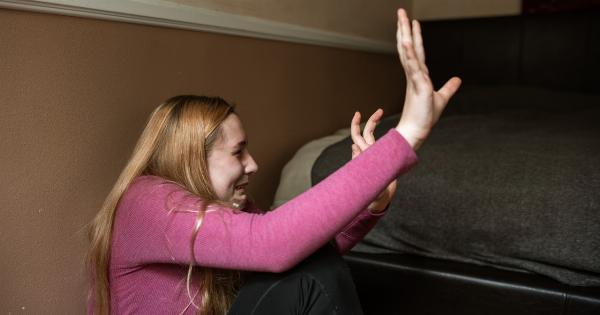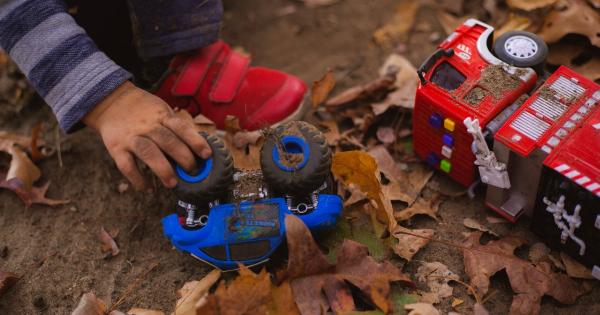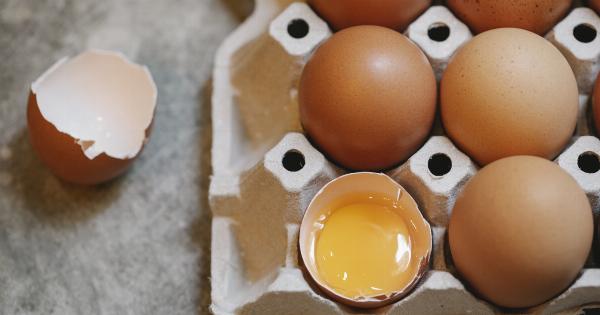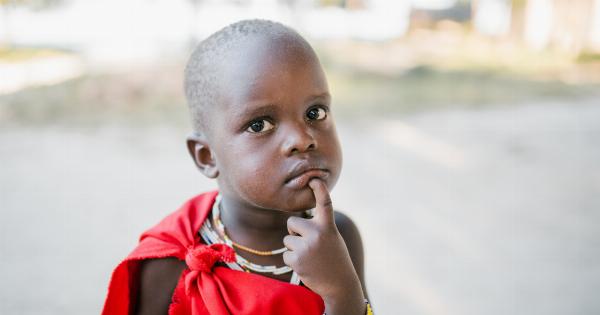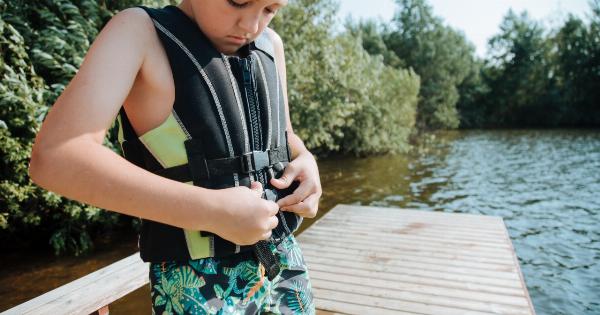As a parent, ensuring the safety and well-being of your child is a top priority. One of the most common yet preventable accidents that can occur in households is accidental poisoning.
Young children are curious by nature, and their exploratory behavior combined with a lack of understanding about potential dangers makes them vulnerable to accidental poisoning. Therefore, it is crucial to take necessary precautions and implement safety measures to protect your child from such incidents. In this article, we will discuss the top 30 safety tips for preventing poisoning and keeping your child safe.
1. Store Medications Safely
Medications, including prescription drugs, over-the-counter medicines, and vitamins, should always be stored securely and out of reach of children.
Use locked cabinets or drawers to properly store medications and never leave them on countertops or accessible surfaces.
2. Keep Cleaning Products Locked Away
Cleaning products contain various chemicals that can be harmful if ingested. Store these products in a locked cabinet or high out of reach, preferably in a dedicated storage area that children cannot access.
3. Lock Up Hazardous Substances
Hazardous substances such as pesticides, fertilizers, and weed killers should be stored securely in a locked cabinet or shed. These substances can be extremely toxic and should never be accessible to children.
4. Properly Dispose of Old Medications
Expired or unused medications should be safely disposed of to prevent unintentional consumption. Follow local guidelines or consult your pharmacist for proper disposal methods.
5. Secure Household Chemicals
Common household chemicals like bleach, detergents, and disinfectants should be kept out of reach of children. Use child-resistant caps and double-check that they are securely closed after each use.
6. Store Alcohol Properly
Alcohol is highly toxic to children, even in small amounts. Store alcoholic beverages in a locked cabinet or higher shelf to prevent accidental ingestion.
7. Be Cautious with Personal Care Products
Products such as perfumes, makeup, nail polish remover, and lotions may contain hazardous substances. Store them securely and out of reach of children.
8. Educate Older Children
If you have older children, educate them about the dangers of toxic substances and the importance of keeping them away from younger siblings. Encourage responsible behavior and teach them to seek help if an accident occurs.
9. Be Mindful of Plants
Some indoor and outdoor plants can be toxic if ingested. Research and remove any poisonous plants from your home or keep them out of reach of children.
10. Secure the Garage and Shed
In addition to household hazards, garages and sheds often contain hazardous materials. Keep these areas locked and secure to prevent access by curious children.
11. Use Childproof Containers
Opt for childproof containers whenever possible. These containers require specific motions or skills to open, making it difficult for young children to access harmful substances.
12. Keep Batteries Out of Reach
Batteries, especially button batteries, can be extremely dangerous if swallowed. Store batteries securely and ensure that children cannot access them.
13. Properly Label Containers
Clearly label containers of potentially hazardous substances, including cleaning products or chemicals, to avoid any confusion. This helps both adults and older children identify the contents and handle them with caution.
14. Install Carbon Monoxide Detectors
Carbon monoxide is an odorless and colorless gas that can be extremely harmful. Install carbon monoxide detectors near bedrooms and common areas to protect your family from accidental poisoning.
15. Lock Up E-Cigarette Liquid
E-cigarette liquid contains nicotine, which is toxic if ingested or absorbed through the skin. Store e-cigarette liquid securely in childproof containers and keep them out of reach.
16. Avoid Chemical Transferring
Avoid transferring chemicals into unlabeled containers, especially food or beverage containers, as this can lead to accidental ingestion.
17. Safely Handle and Store Pesticides
If you must use pesticides, strictly follow the guidelines for application and storage. Store them securely in their original containers and keep them out of reach of children.
18. Teach Child to Never Share Medication
Teach your child from a young age to never share or take medication without adult supervision. This helps prevent accidental ingestion and misuse of medications.
19. Avoid Using Potentially Toxic Products
Whenever possible, opt for non-toxic or less harmful alternatives when it comes to household cleaning products, personal care items, and other substances that may pose a risk to your child’s safety.
20. Be Aware of Lead Hazards
Older homes may contain lead-based paint or other lead hazards. Regularly check for chipped paint or deteriorating surfaces and promptly address them to minimize exposure to lead.
21. Lock Up Purses and Bags
Purses and bags often contain medications, cosmetics, or other substances that may be harmful if swallowed. Keep purses and bags out of reach of children, preferably in a locked and secure location.
22. Secure Appliances and Devices
Make sure that household appliances and devices with batteries are securely closed and locked if needed. This includes items like remote controls, smartphones, and electronic toys.
23. Install Safety Gates
Use safety gates to block access to areas where potential hazards are stored, such as the kitchen or laundry room. This helps minimize the risk of accidental poisoning.
24. Keep Emergency Numbers Handy
Keep important emergency numbers, including the national poison control hotline, near the phone or stored in your mobile phone. This ensures quick access to assistance in case of accidental poisoning.
25. Be Wary of Small Items
Small items such as buttons, coins, or beads can pose a choking hazard for young children. Regularly supervise playtime and promptly remove any small objects that could accidentally be swallowed.
26. Store Cosmetics Safely
Cosmetics, including mascara, eye shadow, and lipstick, can contain harmful substances. Keep them securely stored and out of reach of children.
27. Avoid Storing Chemicals Near Food
Store chemicals, cleaning products, or anything potentially harmful away from food items to prevent accidental mix-ups or contaminations.
28. Be Cautious with Christmas Ornaments
Some Christmas ornaments, particularly older or imported ones, may contain lead. Avoid hanging low-hanging ornaments or decorations within children’s reach.
29. Dispose of Old Batteries Properly
Dispose of old or used batteries safely in designated recycling centers or follow local guidelines. Do not store loose batteries where children can access them.
30. Supervise Your Child at All Times
One of the most vital safety measures is keeping a watchful eye on your child at all times. Constant supervision significantly reduces the risk of accidental poisoning and ensures immediate action in case of an emergency.

